As a landlord, a weighty responsibility rests on your shoulders: ensuring your property gets its annual CP-12, AKA a gas safety check.
Given that Gas Safety Week kicks off in mid-September, now is the perfect time to see if your property is due for an inspection and make sure everything’s ticking along properly.
However, there are a bunch of gas safety myths and misconceptions floating around that could steer you in the wrong direction, putting both your tenants and your property at risk. Don’t sweat it though – we’re here to clear things up…
Get your property checked by one of our vetted Gas Safe registered engineers.
Book NowMyth #1: ‘Gas safety responsibilities lie solely with the landlord’
It’s easy to think that gas safety is solely the landlord’s concern. However, tenants also play a role in maintaining a secure living space.
While you’re responsible for annual safety checks and handling possible gas-related problems, your tenants should quickly report any worries, refrain from meddling with gas appliances, and adhere to safety guidelines. A collaborative effort ensures everyone’s well-being.
Myth #2: ‘I can save money by performing gas safety checks myself’
We understand you’re a handy landlord, but when it comes to gas work, it’s best to leave it to the professionals.
Only Gas Safe registered engineers have the expertise and training to handle gas appliances and installations safely.
DIY gas work isn’t just against the law and a threat to your property, it also puts your tenants’ lives at risk.
Myth #3: ‘My newly-built property doesn’t need a gas safety check’
Don’t fall for it – no matter your property’s age, gas safety inspections are mandatory in the UK and must be carried out by a certified Gas Safe engineer.
Routine assessments are vital to identifying potential risks such as gas leaks, flawed connections, or inadequate ventilation. They ensure that all gas appliances and configurations operate securely.
Myth #4: ‘New appliances don’t need checking’
Yes, even those fresh-out-of-the-box appliances require a thorough safety check. Manufacturing defects or damage during transit can occur, compromising their safety.
So, it’s best to have a Gas Safe registered engineer inspect and test new appliances before your tenants start using them, giving you peace of mind that everything is in proper working order.
Myth #5: ‘No need for carbon monoxide detectors with good ventilation’
Unfortunately, ventilation alone doesn’t cut it for protecting your tenants against carbon monoxide (CO) poisoning.
Carbon monoxide detectors are a must since they serve as early alarms for this life-threatening gas, giving you and your tenants the heads-up needed to take immediate action.
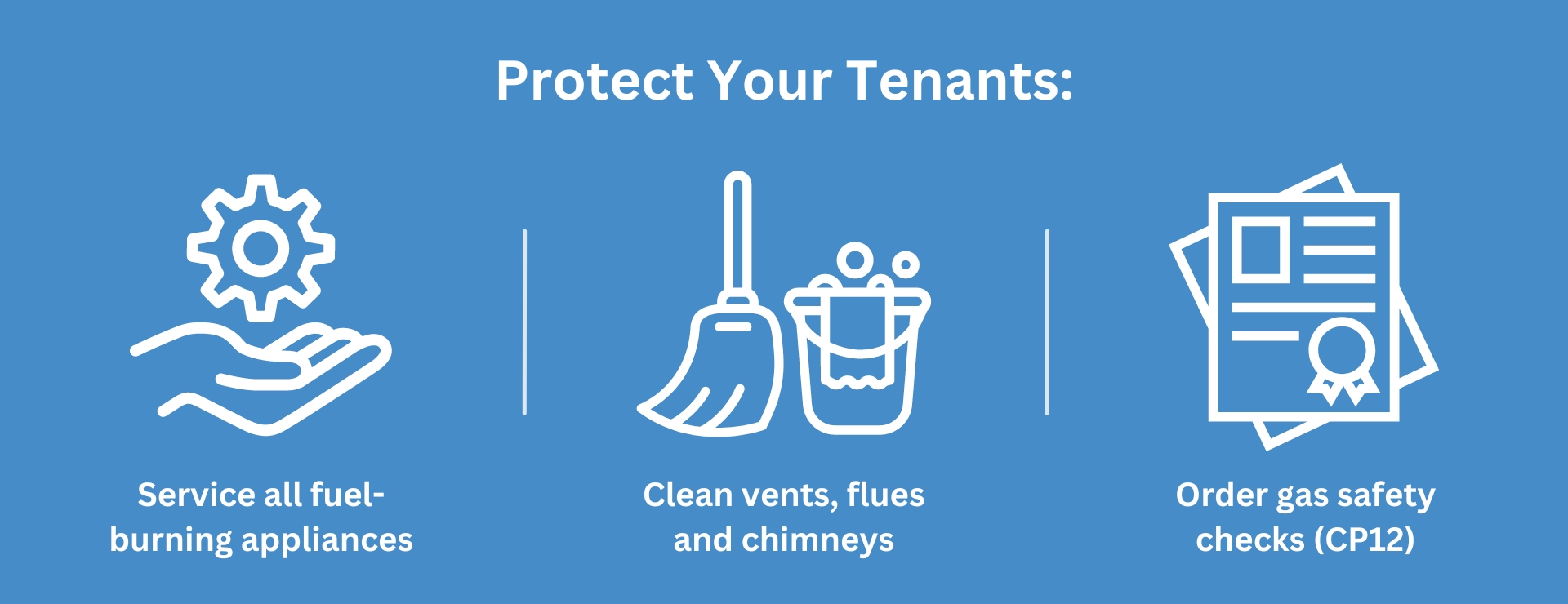
Myth #6: ‘Gas leaks always smell like rotten eggs, so my tenants will know’
A common misconception is that gas leaks will always have a distinct smell of rotten eggs due to the odorant added to natural gas.
While this odour is a helpful safety feature, some leaks might not emit it, especially if the concentration is low or if the gas is another type, like carbon monoxide.
Installing a gas detector can provide an additional layer of protection by alerting your tenants to even subtle gas leaks.
Myth #7: ‘Gas safety is an unnecessary expense that cuts into my profits’
All in all, investing in gas safety measures isn’t just about following regulations, it’s a vital move to safeguard your investment, as well as your tenants.
Moreover, making gas safety a priority slashes the chances of accidents or legal entanglements, which could end up costing you much more down the road.
So, there you have it, landlords! Gas safety is a non-negotiable aspect of property management, and it’s essential to separate fact from fiction.
Regular checks, professional expertise, and proper precautions can save lives, as well as protect your property in the long run.
If your property is due for a gas check soon, fulfil your landlord duties and order a gas safety certificate now for a fast and hassle-free experience.
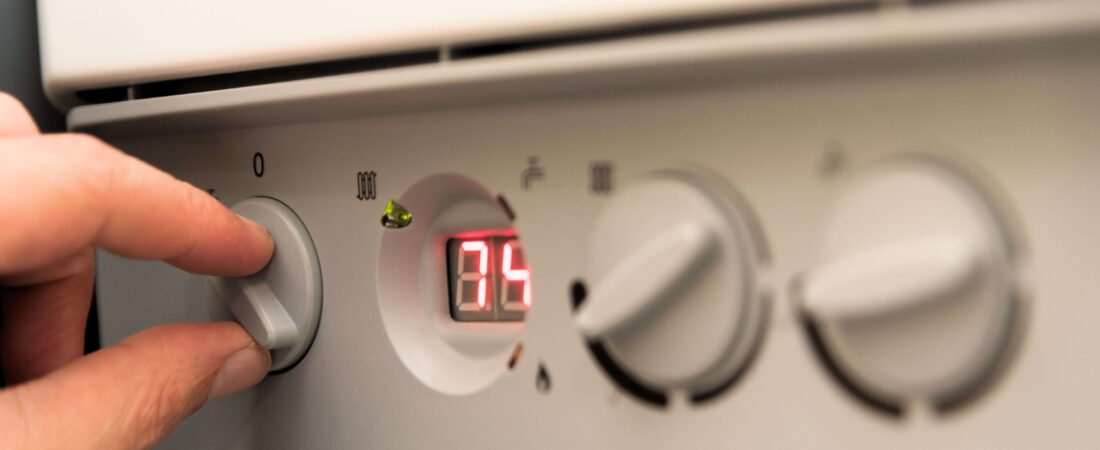
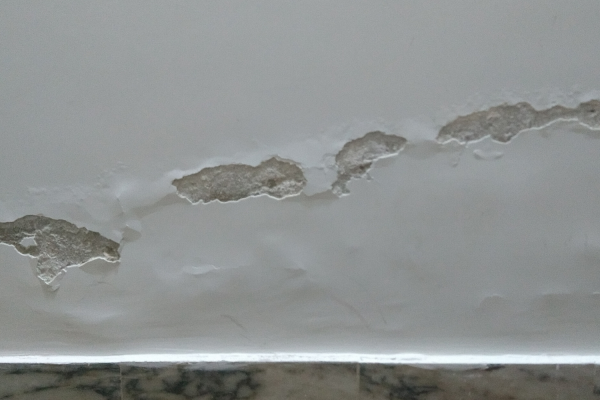
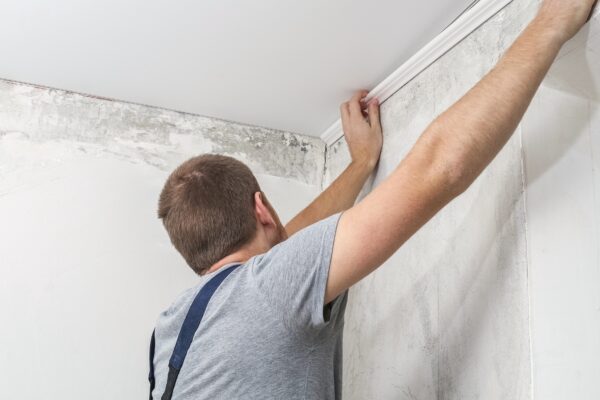
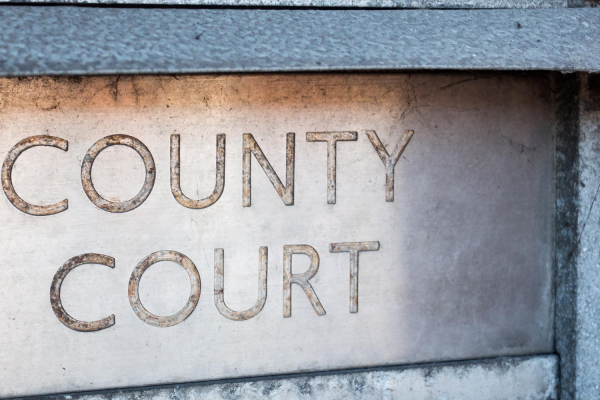
The only gas appliance in one of our properties is a cooker provided by the tenant. I presume a gas certificate is still needed to be obtained by us. The meter is inside the flat
Even without the cooker, a GSC would be needed if you had a gas supply that wasnt capped off at the meter